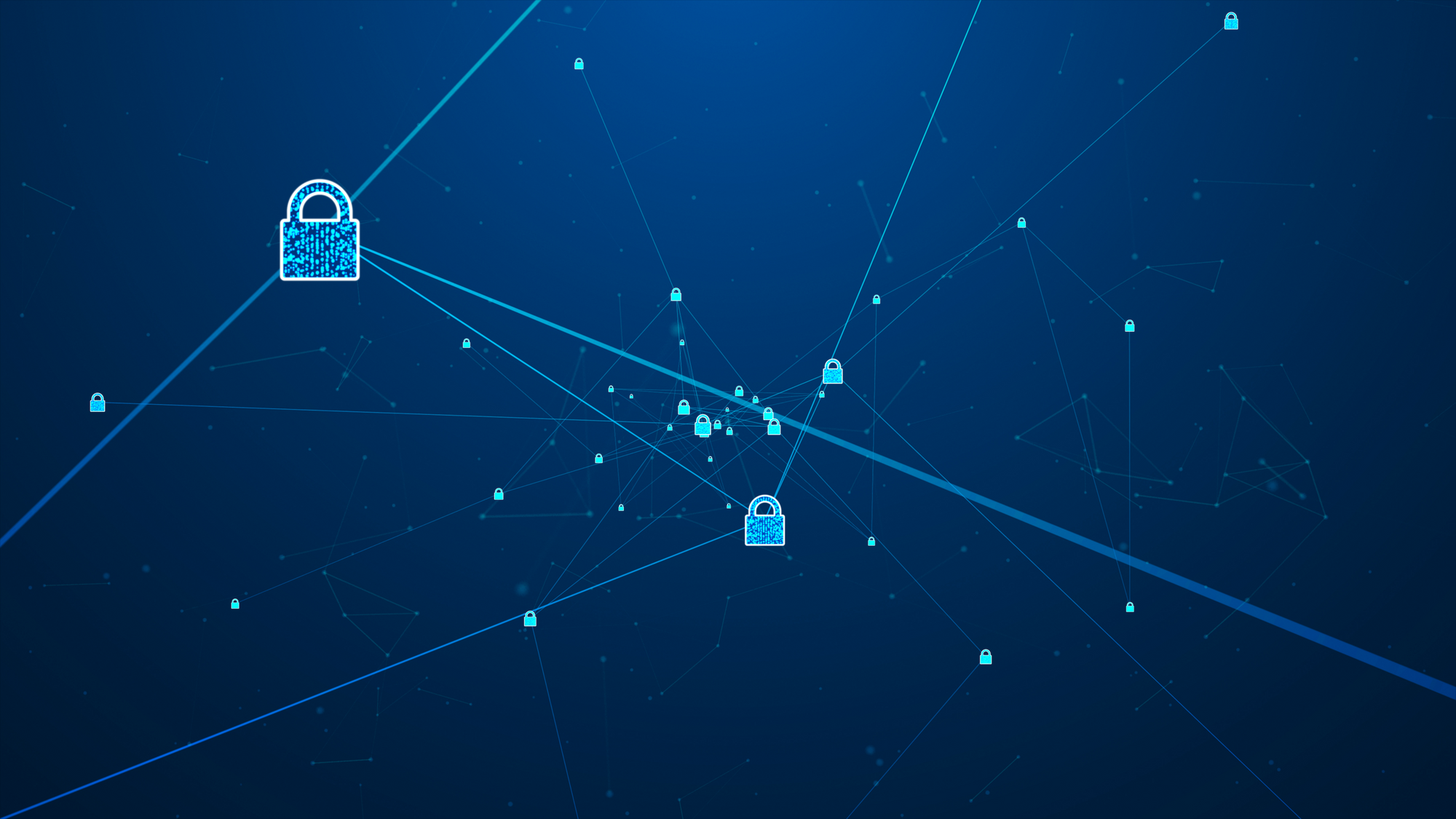Why self-custody: The benefits of securing bitcoin yourself
If you’re interested in bitcoin, you may have heard the slogan, “Be your own bank.” The idea is once you take self-custody of your bitcoin, you have full sovereignty over your finances. You own your money.
But should you want to be your own bank? Custody over your wealth is not a decision to be taken lightly. In this article, we’ll discuss some of the advantages associated with self-custody and why it’s a crucial step for protecting your bitcoin.
What is self-custody?
Self-custody is the act of assuming responsibility for your bitcoin. Instead of entrusting your wealth to a bank, exchange, or third-party custodian, you’re in charge of securing your bitcoin.
Taking self-custody is important with your bitcoin because it is considered a bearer asset, meaning whoever has control of it and can spend it is the owner. Cash and gold operate similarly. When you withdraw cash from an ATM, you’re taking self-custody whether you realize it or not.
You don’t have to trust anyone
Third parties are everywhere in today’s financial system. Imagine your boss gives you a paycheck. It may seem like they’re paying you, but there’s much more going on. In actuality, the employer tells their bank to get in touch with your bank and deposit money to your account. And that’s just some of the intermediaries involved.

When multiple parties are involved, it forms a chain of trust. You and your boss have to trust the banks to do their job. The banks have to trust each other. And behind the scenes, everyone has to trust regulators, central banks, and other government institutions to do their job. But a chain is only as strong as its weakest link.
Bitcoiners have a different word for trust: risk. Whenever you rely on a third party, there’s a chance, however small, that they’ll let you down. An ATM could run out of money. The bank could take on too much risk and go bankrupt. Or the cast of “Ocean’s Eleven” could perform the biggest heist the world has ever seen. Whenever you trust a third party to manage your money, you’re betting on them to do it effectively.
It's a bet often lost in banking and finance. In the Great Recession, multiple investment banks collapsed, and investors panicked as their portfolios fell. Exchanges also have a poor track record for keeping assets safe. When it comes to protecting your wealth, even a small oversight can be catastrophic.
Trust is always a gamble, and the whole point of saving is to avoid risk. As a peer-to-peer network, bitcoin allows you to transact with someone else without ever having to trust any third party. This means you don’t have to remain dependent on a bank or institution, which is a liberating feeling.
You can preserve your wealth
Bitcoin’s fixed supply makes it unique — no more than 21 million bitcoin will ever exist. This prevents anyone from undermining your wealth in bitcoin terms. The same cannot be said for government-issued currency, which is easily debased. One bitcoin always equals one bitcoin.
An overlooked fact of finance is how banks and financial institutions actually put your money at risk. When you deposit money in a bank, the bank often lends it out or invests it. Banks usually have far less cash on hand than is reflected in their customer’s accounts, a practice called fractional reserve banking.
In the bitcoin industry, there are similar schemes that attempt to accelerate returns by lending bitcoin out to third parties. While some lending providers are more reputable than others, lending or “wrapping” bitcoin on other chains should not be considered risk-free. Generally speaking, you have to give up some control of your private key to participate in any of these activities. This means if your bitcoin is lost, there’s usually no way to get it back.
When you take self-custody of your bitcoin and hold your private keys, you can effectively become your own fully reserved bank and reduce your reliance on counterparties. Holding your keys is the best way to preserve your bitcoin for the long term.
No one can control how you spend your money
In today’s world, it’s hard to transact without a third party having some sort of visibility into your activity. Banks, credit card companies, and payment processors tend to have a window into where your funds are spent. These companies are often regulated institutions, which means they have to comply with government action.
Together, this arrangement renders financial privacy a thing of the past unless you’re transacting with cash, an option that comes with security drawbacks. That is, unless you use bitcoin.
Bitcoin is a peer-to-peer network that allows you to transact directly with whoever you choose as long as your transaction follows protocol rules. If you have the key, you can spend bitcoin to any address. This gives Bitcoin censorship resistance against malicious actors or authoritarian regimes.
It’s worth noting that to achieve this censorship resistance, you need to withdraw your bitcoin from exchanges or custodians to your own keys. Once you have your bitcoin held with keys you control, no bank or government can freeze your wealth. It’s monetary freedom…for the win.
Bet on yourself
Self-custody is about taking ownership of your money and your life, and Casa is here to help you help yourself. Our security plans allow you to protect your wealth with multiple keys, a proven method for safeguarding your funds from hacks, break-ins, and accidents.
If you choose to take custody of your keys, congrats on leveling up and using your bitcoin to its fullest potential. Bitcoin self-custody requires some maturity and personal responsibility. There’s also a small learning curve, but Casa’s got you covered with educational resources, a smooth and easy-to-use app, and friendly onboarding experience.
Bitcoin is a special technology and a one-of-a-kind asset. Once you take self-custody, you’ve officially secured your bitcoin and monetary freedom. HODL with pride.
The Services are a platform for managing cryptographic keys and nodes. The Services are not an exchange for buying, selling, or trading digital or virtual currency or assets (an “Exchange”), and Casa is not a bank or other financial institution. The Services do not and cannot sell, hold, invest, send or receive money or cause or effect any digital or virtual currency or asset transactions. BY USING THE SERVICES IN ANY MANNER, YOU ACKNOWLEDGE AND AGREE THAT (A) CASA IS NOT IN THE BUSINESS OF PROVIDING FINANCIAL, LEGAL, TAX, ACCOUNTING, OR INVESTMENT ADVICE OR SERVICES, (B) NONE OF THE SERVICES ARE INTENDED TO PROVIDE OR CONTAIN ANY SUCH ADVICE OR SERVICES, AND (C) ANY AND ALL SERVICES ARE PROVIDED FOR INFORMATIONAL PURPOSES ONLY. Casa urges you to consult a qualified professional for any such advice or service.
Get security insights every week
The Casa Security Briefing is a weekly newsletter featuring privacy and security stories, tips, and analysis. Sign up below to receive future editions.
Continue reading


